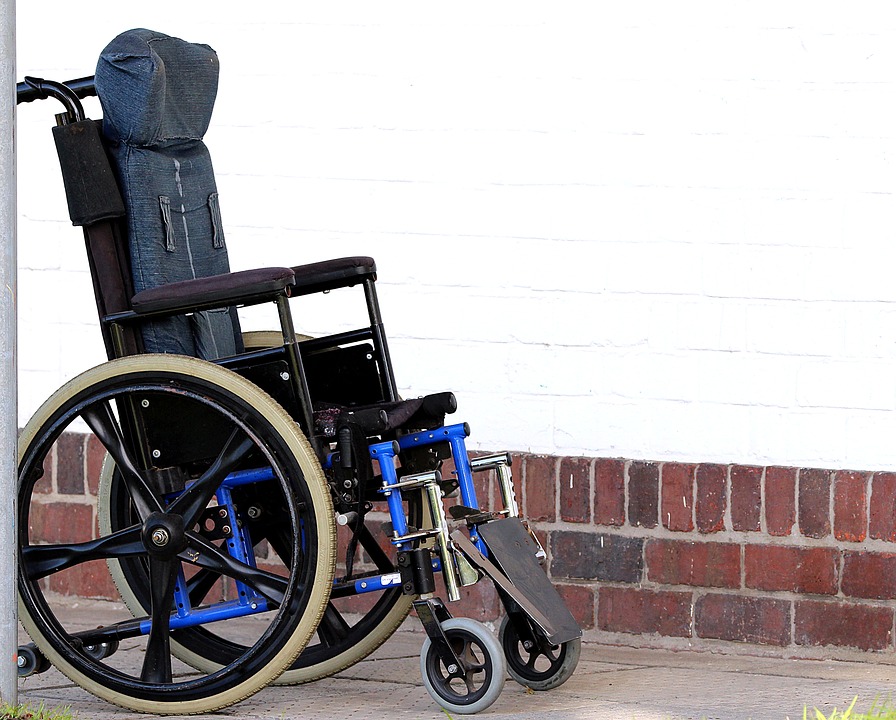A spinal injury is a life-altering event that can have profound physical, emotional, and social consequences. Spinal cord injuries often result in permanent changes to one’s lifestyle. The following are four ways a spine injury can change a victim’s life. A North Carolina personal injury lawyer can help a victim get the financial compensation they may be entitled to.
Physical Limitations and Mobility
One of the most immediate and impactful changes brought about by a spine injury is the physical limitation and altered mobility it entails. Depending on the severity and location of the injury, individuals may experience partial or complete paralysis, loss of sensation, or limited range of motion. These changes can profoundly affect daily activities, including walking, dressing, bathing, and even simple tasks like reaching for objects or typing on a keyboard.
Some of the treatments that may be necessary include:
- Rehabilitation and physical therapy: Engaging in tailored physical therapy and rehabilitation programs can help improve muscle strength, joint flexibility, and overall mobility. These programs are designed to maximize an individual’s functional independence.
- Assistive devices: Depending on the level of impairment, individuals may benefit from assistive devices such as wheelchairs, braces, or mobility aids that enhance their ability to perform daily tasks.
- Emotional support: Emotional support from healthcare professionals, family members, and support groups can help individuals cope with physical challenges and adapt to their new circumstances.
Chronic Pain and Discomfort
Spinal injuries often result in chronic pain and discomfort, which can significantly impact a person’s quality of life. Pain can be constant, sharp, or radiating, making it challenging to engage in everyday activities and enjoy a pain-free existence. Managing pain becomes a lifelong endeavor for many individuals with spine injuries.
Some of the coping strategies for dealing with chronic pain include:
- Pain management techniques: Working with healthcare providers to develop a comprehensive pain management plan, which may include medications, physical therapy, acupuncture, or nerve blocks, can help alleviate pain and improve overall comfort.
- Psychological support: Psychological therapy and counseling can be valuable for addressing the emotional toll of chronic pain and helping individuals build resilience and cope effectively.
- Holistic approaches: Exploring complementary and holistic approaches such as meditation, yoga, and mindfulness can complement medical interventions and provide relief from chronic pain.
Emotional and Psychological Impact
A spine injury can trigger a range of emotional and psychological responses, including grief, depression, anxiety, and feelings of loss and frustration. Adapting to the new normal and the limitations imposed by the injury can be emotionally taxing, leading to a significant shift in one’s mental well-being. Victims may need to seek out the following types of support:
- Counseling and therapy: Seeking the guidance of mental health professionals and participating in therapy sessions can help individuals process their emotions, build resilience, and develop coping strategies to address the psychological impact of a spine injury.
- Support networks: Connecting with support groups and other individuals who have experienced similar challenges can provide a sense of belonging and understanding. Sharing experiences and learning from others can be immensely beneficial.
- Rehabilitation programs: Many rehabilitation programs include psychological counseling as part of their services, recognizing the integral connection between physical and mental health during recovery.
Social and Lifestyle Changes
Spine injuries often necessitate significant social and lifestyle adjustments. Individuals may need to adapt their living arrangements, work situations, and recreational activities to accommodate their new needs and limitations. Relationships with family and friends may evolve as well, as both the injured individual and their loved ones navigate the changes brought about by the injury.
- Vocational rehabilitation: Exploring vocational rehabilitation programs can help individuals with spine injuries identify new career opportunities or adapt their current roles to accommodate their physical limitations.
- Home modifications: Adapting living spaces with features like ramps, grab bars, and wider doorways can enhance accessibility and independence.
Contact Our Office Today
If you or a loved one has suffered a spinal cord injury as a result of another party’s negligent or reckless actions, contact the North Carolina car accident attorneys at Shapiro, Washburn & Sharp to find out what legal options you may have. Our firm has aggressively advocated for victims and their families for more than three decades and will fight to get you the compensation you deserve, like the $340,000 arbitration award for one client who suffered a brain injury when a van T-boned his vehicle at an intersection. Call our office to schedule a free case evaluation with one of our North Carolina personal injury attorneys.
RELATED CONTENT
